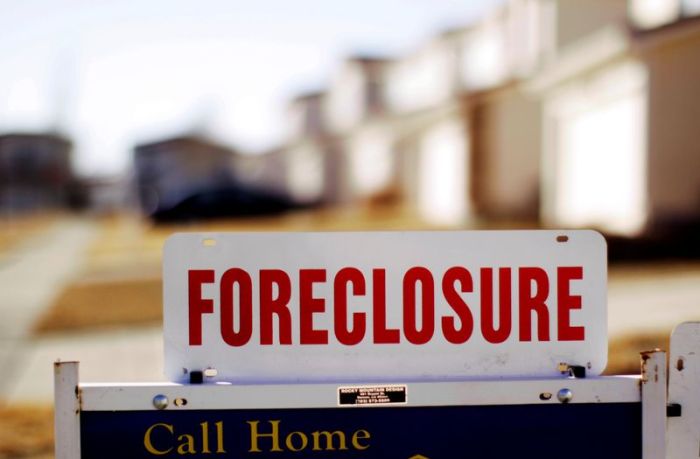MADRID (Reuters) – Spain reported its third day in a row of coronavirus deaths under 200, but a record number of people claiming social security benefits for April showed the cost to the economy of bringing the epidemic under control.
The country is gradually emerging from a strict lockdown, with small businesses such as florists and ironmongers opening with restrictions this week. Spaniards who had been cooped up at home for more than six weeks are now allowed to take exercise.
But the weak coalition government of Prime Minister Pedro Sanchez must seek parliamentary approval on Wednesday for another extension of the state of emergency which gives him wide powers to enforce the exit from lockdown.
The opposition People’s Party has said it will not support another two-week extension to the state of emergency, which ends on Saturday, saying Sanchez should use legislation to navigate the return to normality.
The political tension comes at a critical time as the government seeks to revive an economy battered by the effects of the outbreak that has killed more than 25,000 people in Spain – one of the world’s highest death tolls – and left hundreds of thousands without work.
The health ministry reported 185 deaths from coronavirus in 24 hours, the third day in a row of a toll below 200. The overall number of diagnosed cases rose to 219,329 up from 218,011 the day before.
“The figures are favourable. Everything indicates that we are in a very good position for the transition process that we are going to undertake over the next few days,” health emergency chief Fernando Simon told a news conference.
In a sign of how the lockdown measures have generated huge financial strain for the state, data on Tuesday showed the cost of benefits paid to the 5.2 million people fully or partly depending on unemployment benefits in April more than tripled from a year earlier to 4.5 billion euros.
This represented the highest spending in history for unemployment services in Spain.
(This story corrects overall number of deaths in paragraph 5 to more than 25,000, not more than 26,000)
(Additional reporting by Paola Luelmo; Writing by Sonya Dowsett; Editing by Angus MacSwan)

































